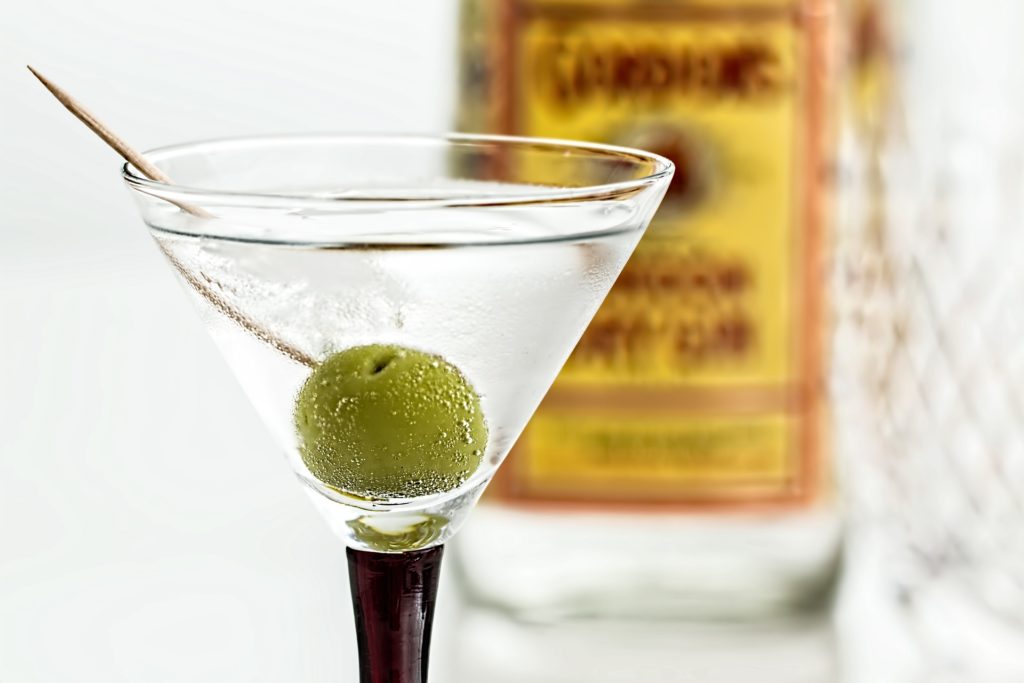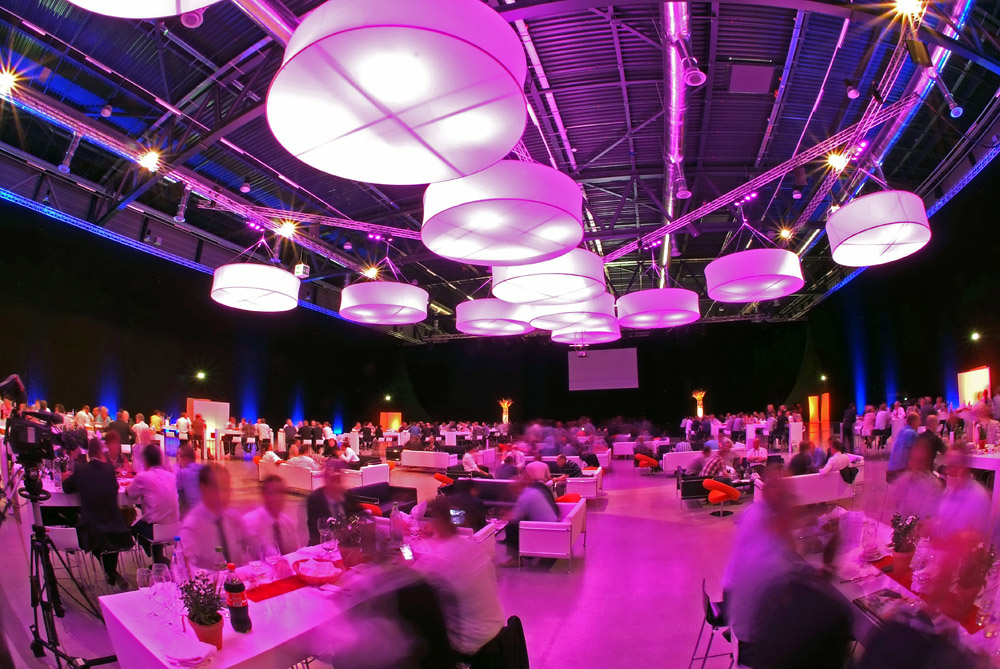Out of all the alcohol spirits available on the market today, there’s no deny that gin has become a favourite across the UK’s population in recent years, especially within pubs and hotels. Often created, pairing fruits, vegetables and spices, which compliment its flavours, gin has become a top tipple for spirit lovers everywhere.
It’s an actual fact, that the UK had bought over 66 million bottles of gin back in 2018. Not only that, but the total number of gin distilleries in the UK had reached 315, more than double the number that existed seven years ago.
But, with the history of gin dating back to centuries, why is it that gin has recently boomed on the market? And with the concerns about energy costs being a issue for most businesses, how can budding entrepreneurs capitalise on this lucrative but energy-intensive process, especially those set in off-grid areas? The energy experts at Flogas offer some industry insights for aspiring gin distillers.
A rise of ‘ginaissance’
To be able to understand the success of gin, we first need to understand what actually brought consumers back to the drink to begin with. For this we must travel back to the early noughties and the rise of ‘cocktail culture’. As bartenders began experimenting with different flavours and recipes, gin – a spirit known for its versatility – took centre stage.
Through the years, consumer palettes become increasingly discerning. The focus on the process and the quality of ingredients became more important than ever. When combined, these factors created the perfect storm for the advent of the ‘ginaissance’.
There have been other influences that have also contributed towards the gin businesses’ sudden rise in popularity. Up until 2008, the Gin Act (which outlawed small scale-gin distilleries in London) was still in operation. After a lengthy legal battle with HMRC, the law was repealed. This paved the way for craft distilleries to begin trading their own unique brands of artisan gin.
A business opportunity
Because there was less red tape restricting gin distilleries from flourishing, it doesn’t come with a shock that since then, UK gin exports had shot up to 32%. But despite the drink’s success, launching a successful gin brand is still no easy feat – especially given that competition is growing year on year and worries about finding a safe and sufficient energy supply can make it difficult for businesses to get off the ground.
Whilst, there’s not a lot we can do to prevent competitor growth, there are ways to maximise business profits:
- Research the market
- It’s vital to do your homework before starting up any business let alone a gin distillery. In such a rapidly growing industry, it’s vital you keep up to date with market developments. Not only will this give you an insightful ongoing business advantage, but it can also help you recognise niche or growth opportunities in advance – giving you the edge on the competition.
- Perfect your recipe
- Whether you’re seeking to produce a London dry gin, Dutch Gin, Holland Gin or even a flavoured gin liqueur, it’s best to decide what type of gin you want to produce in advance.It can also be more time consuming and energy intensive, needing various ‘stills’ to match what larger distilleries could produce in one batch. But, as more time and attention has gone into the final product, it’s likely to have a superior flavour.
- Location
- You’ll need space to set up your brewing equipment and store your finished product, so when launching a distillery, you should look for a unit with a sizeable area. Renting the right premises in convenient locations can be costly. As a result, emerging distilleries tend to look for more remote spaces, with better availability and cheaper rent. Off-grid locations are popular – so distillers often need to find reliable, alternative energy resources to ensure that batch production is as efficient as possible
- Choose the right energy solution
- If you’re opening an off-grid distillery – especially one currently relying on oil – LPG (liquefied petroleum gas) could provide a dependable, cost-effect energy supply that allows you to brew on demand. Not only is LPG a cleaner, economical and more efficient fuel, but it also has the lowest CO2 emissions of any fossil fuel – lowering your distillery’s carbon emissions.
You can acquire LPG in cylinder form or via bulk LPG gas tanks, which is ideal for energy-intensive off-grid businesses.









